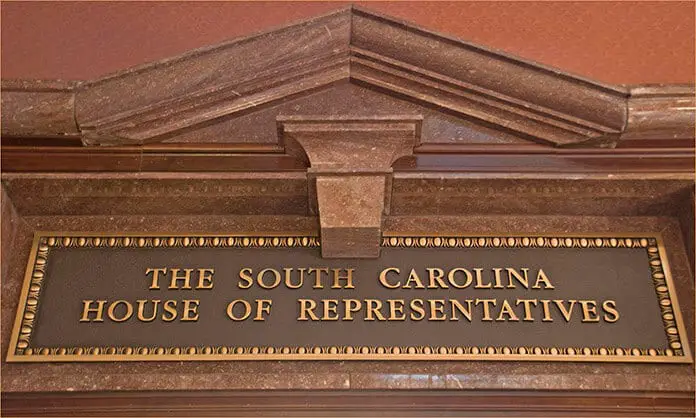
Clean Energy for America Act Would Rationalize, Strengthen U.S. Tax Policy; Too Bad It Stands Little Chance of Passing
June 10, 2024
Coal Corruption and the Failure of Energy Policy in the Era of Trump
June 10, 2024Michael Calabrese
The U.S. Loses 20,000 Jobs to Trump’s Solar Panel Tariff
Within two years of taking office, U.S. President Donald Trump has managed to cause multiple trade disruptions among long-time allies and the country’s largest trading partner – China. On February 24th, Forbes Magazine pointed to the damage done by the President’s tariff on the import of Chinese solar panels by citing the loss of 20,000 U.S. jobs directly linked to the tariff.
The State of the States
Solar power has been the Number 1 growth industry in the United States since 2010 with industry employment growing from 93,503 jobs in that first year to its peak at 260,077 in 2016. While there were several reasons for the decline (the end of multiple large projects in 2016 among them), the tariff on Chinese imports looms large. As of last June (2018), $2.5 billion in solar projects have either been canceled or delayed due to the higher costs of domestic production or the increased prices of Chinese imports. While Trump’s tariff found its roots in his dispute with China over trade, it’s also part of his larger opposition to the solar industry in general and denial of climate change. Trump is a strong supporter of fossil fuel, disputes its damage to the world and its people and is taking action everywhere he can to end the growth of green energy solutions. Earlier this month, Trump announced proposed cuts to the Department of Energy’s Office of Energy Efficiency and Renewable Energy (EERE), which support U.S. alternative energy research by 72%. EERE is an important source of grants to start-up energy firms and for research into advanced technologies such as new solar panel materials, waste-to-energy plants and wind power. Even Republicans on Capitol Hill are saying that they won’t go along with these cuts and while Trump has proposed these cuts – Congress passes budgets and Presidents don’t. A recent article in Time points out that even with opposition from many Republican members of the House and Senate, resistance is unlikely to stop Trump’s “broader agenda.”
If the Federal Government is being forced out of the alternative energy business, the States are not. California, of course, is famous for running its own energy development programs as the state invests ever more heavily in the development of solar and wind power along with supports for electric cars and public transportation. But support is coming from a surprising array of other states, including “deep red” Republican South Carolina.
In 2018 the big energy utilities along with state Republicans killed a measure that ends their energy monopoly and smoothes the way for large scale solar providers and solar homes to enter the energy market and sell their power to the utilities. The state’s utilities stymied industry growth by simply refusing to hook up large solar firms to the grid or meter individual homes.

This year – it didn’t work and the South Carolina House of Representatives passed “The Energy Freedom Act,” to allow all energy sources into the state’s market fairly and lower consumer energy prices – some the highest in the nation. The solar industry and progress and green alliances are working hard to gain approval from the Senate quickly. The compromise House Bill (HR 3659) and soon Senate (Bill 332) will:
- “Require the Public Service Commission to initiate a new proceeding to review and approve rates and terms provided to large-scale solar facilities, streamlining the process and ensuring contract terms are reasonable for such projects;
- Allow large energy consumers, such as industrial manufacturers, to negotiate directly with a renewable energy supplier to more easily realize savings from solar;
- “Require the Public Service Commission to initiate a new proceeding to review and approve rates and terms provided to large-scale solar facilities, streamlining the process and ensuring contract terms are reasonable for such projects;
- Eliminate the net metering caps and extend the existing residential solar rates for two years until the Public Service Commission determines a successor program;
- Provide for more transparency and competition in long-term utility generation planning; and
- Establish a neighborhood community solar program designed to expand solar access to low-income customers.
It will be worth watching this bill pass and become state law in South Carolina.




